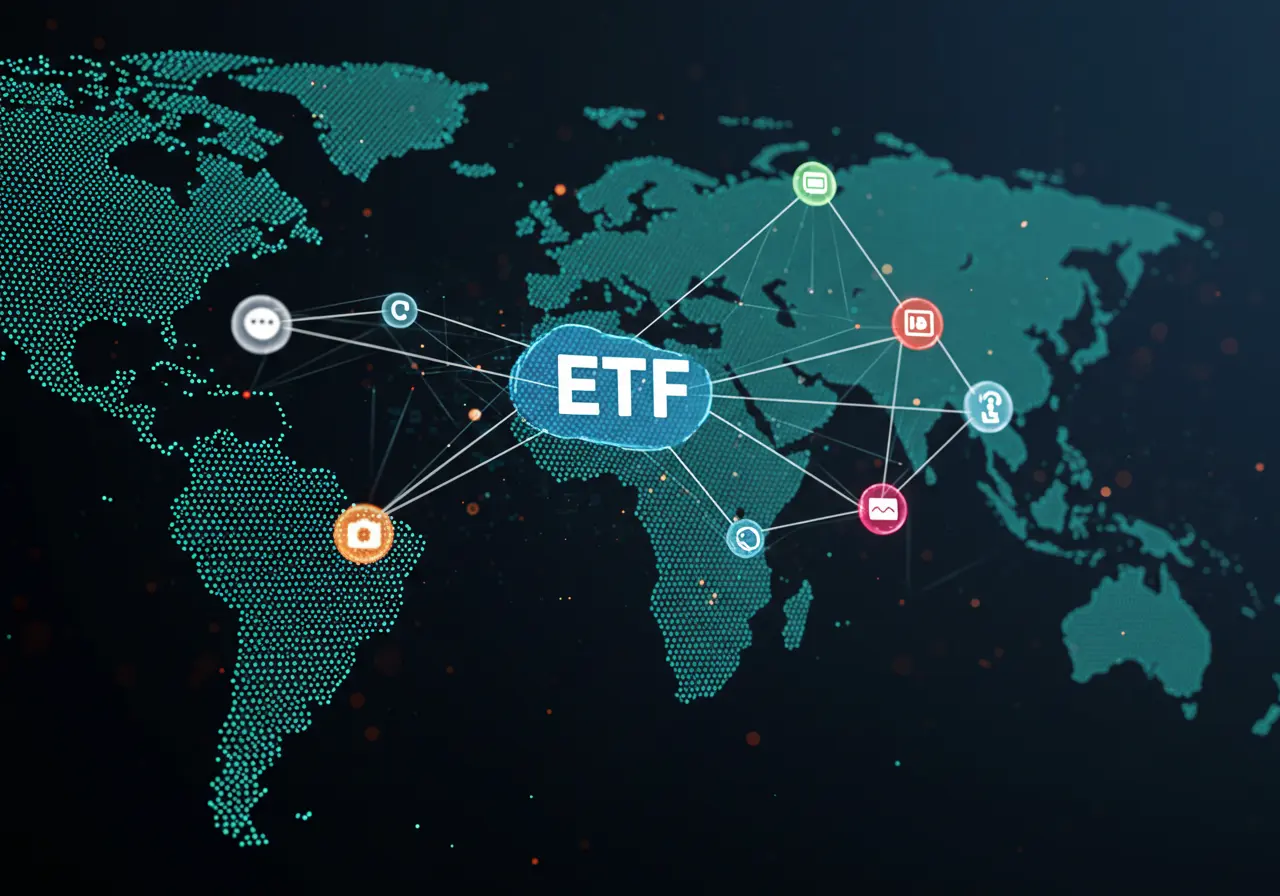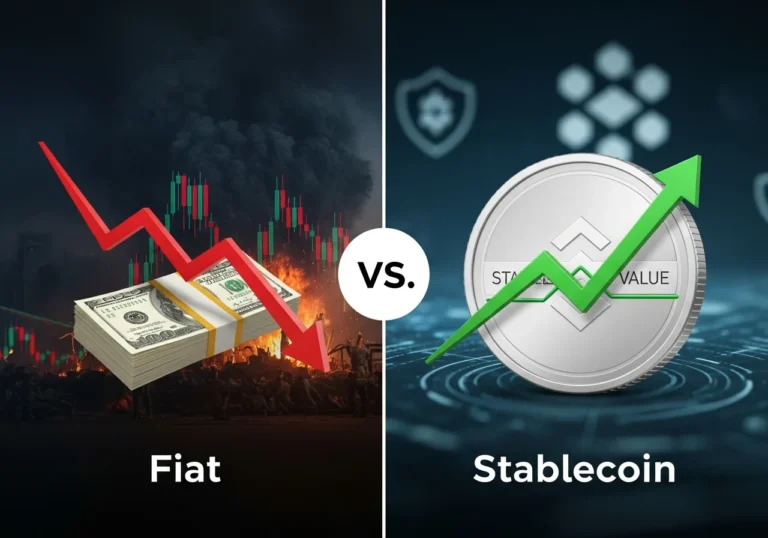SEC Policy Update Opens Door to Crypto ETFs Beyond Bitcoin
Big news just surfaced in the crypto world—quietly, but with major implications. The SEC has revised its stance on crypto ETFs, paving the way for tokens beyond Bitcoin—like Ethereum, Solana, and Cardano—to potentially be included in exchange-traded funds by October 2025.
There was no headline-making announcement, just a quiet policy update that gives fund managers and exchanges the green light they’ve been waiting for. If you’ve been watching from the sidelines, crypto investing may soon become a lot more accessible.

Here’s What’s New
Before, trying to launch a crypto ETF was like guessing someone else’s secret rules—filings got rejected, or nothing happened. The SEC gave vague feedback. Now? We’ve got a clear playbook.
They laid out requirements for:
- How those tokens are stored and secured.
- Whether there’s enough trading volume to make it liquid.
- How transparent and auditable the fund will be.
- What kind of custody systems are in place.
All that lets companies tailor their proposals to match expectations. Which also means we could see actual token ETFs in the fall—something that used to feel like a hope, now feels possible.
Why This Could Change Everything
Imagine you want to get exposure to Ethereum, but you don’t trust exchanges—or you’re freaked out by private keys and wallets. ETFs could let you buy ETH through your regular stock trading app, just like buying Apple stock.
That’s huge because:
- Investors who’ve avoided crypto due to complexity can now walk in.
- Institutional money—think pension plans or trust funds—might come in, pushing up liquidity.
- If enough investors jump in, token prices could get a real boost.
It’s not just speculation—it could become a mainstream investing option.
Which Tokens Are in the Running?
This doesn’t mean every token will qualify. But the likely candidates include:
- Ethereum (ETH)
- Solana (SOL)
- Cardano (ADA)
- Polkadot (DOT)
- Avalanche (AVAX)
- And a few others with solid daily trading and active communities.
So if you’ve ever said, “I like this project, but I can’t figure out wallet setup,” an ETF might be the middle ground you were waiting for.
Why It’s Important for Your Money
This shift tells us something big: crypto isn’t purely speculative anymore. It’s inching toward acceptance in regulated finance.
Still, don’t throw out your hardware wallet just yet. Here’s what each option offers:
- Buying directly = full control, but more responsibility.
- Buying via ETF = easier access, less control.
And remember to watch fees—just like with traditional funds, these crypto ETFs may charge management costs that eat into gains.
What Happens Next
In the coming weeks and months, firms like Fidelity, VanEck, ARK, or others might resubmit applications. And the SEC will likely start approving some—maybe as soon as late summer, but more likely between September and October 2025.
If approved, we could see ETH, SOL, ADA showing up in brokerage dashboards. ETFs bring simplicity—but also more eyes and stricter rules on those platforms. A lot of people who were curious but cautious may decide to join then.
Why This Matters for Your Blog on Crypto Education & Security
This kind of change gives you a moment to teach smart habits. Like:
- How to compare ETF custody vs personal wallets—pros and cons.
- What multisig cold storage means, and why platforms use it.
- How to read an ETF filing: look for commitment to audits, insurances, and redemption terms.
- Why learning about fees, redemption windows, and tax treatment matters now more than ever.
You’re doing more than reporting news—you’re helping readers make sense of big shifts and stay safe while adopting new tools.
Table of Contents

Hello, I’m Edmilson Dias, founder of CoinBringer. I created this platform to guide people through the fast-moving world of cryptocurrency with clarity and safety. With years of research in blockchain and digital security, my goal is to translate complex topics into practical knowledge, offering reliable tutorials, safety insights, and guidance for both newcomers and experienced users.
Discover more from CoinBringer
Subscribe to get the latest posts sent to your email.







